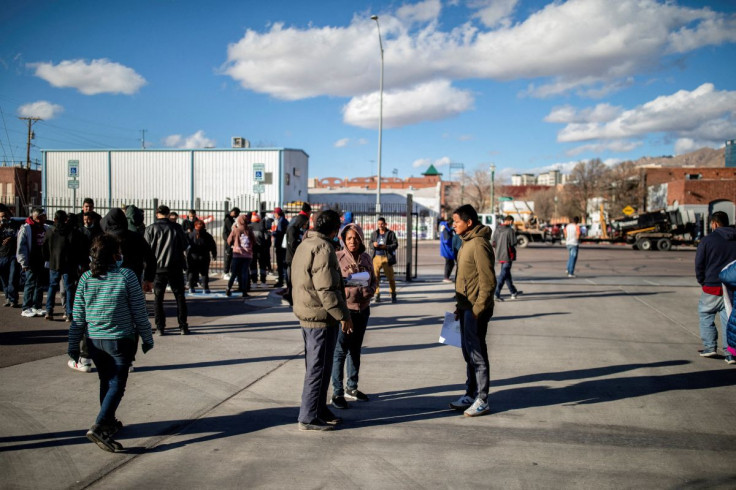
Eagle Pass, the small town near the Texas border, has been completely altered after becoming an epicenter of the latest immigration surge to the U.S.
Eagle Pass is at the center of Governor Greg Abbott's $11 billion Operation Lone Star, an initiative that has taken tens of thousands of migrants up north to Democratic-run cities. It has also seen a surge in authorities arriving to carry out the operation's different aspects.
A Wall Street Journal feature shows that some aspects of life have been affected for the worse. For example, authorities cancelled a festival and other public events after Shelby Park was seized to accommodate law enforcement dealing with the arrivals.
The closure of international bridges and disruptions in cross-border trade have dealt significant blows to local establishments, leading to declines in revenue and foot traffic.
But, at the same time, many sectors of the economy have seen a windfall, as increased arrivals boost sectors like food and accommodation.
The outlet describes restaurants that are permanently full, two-star hotels charging $700 a night and an increasing amount of Airbnbs in offer. Some have started building hotels as a result of the influx.
Governor Abbott has also announced the construction of a massive National Guard base near the town, potentially adding to the town's economy.
Eagle Pass's predicament mirrors challenges faced by larger border regions, such as the Rio Grande Valley, where law-enforcement surges have become routine.
Despite the economic influx generated by such initiatives, lingering perceptions of insecurity have deterred potential investors, presenting a nuanced picture of the region's economic sustainability.
The director of the local economic-development alliance told the outlet that he's had to work hard to convince teams from the country to come to the national youth-baseball tournament set to take place in August.
As border surges become entrenched features of the economy, questions arise regarding the long-term dependence on law enforcement-driven growth.
Concerns about the resilience to change and the potential ramifications for the community's socio-economic fabric underscore the complexities inherent in navigating the evolving border landscape, the outlet concluded.
© 2024 Latin Times. All rights reserved. Do not reproduce without permission.
New Mexico Republicans Urge Gov. Lujan to deploy National Guard to border amid smuggling and fentanyl crisis
Almost four in ten Latinos report being called a racial slur in the past year
NYC authorities to start initiative to deter migrant children from selling candy in the subway
More than four in five Latinos believe politicians don't care about what they think
